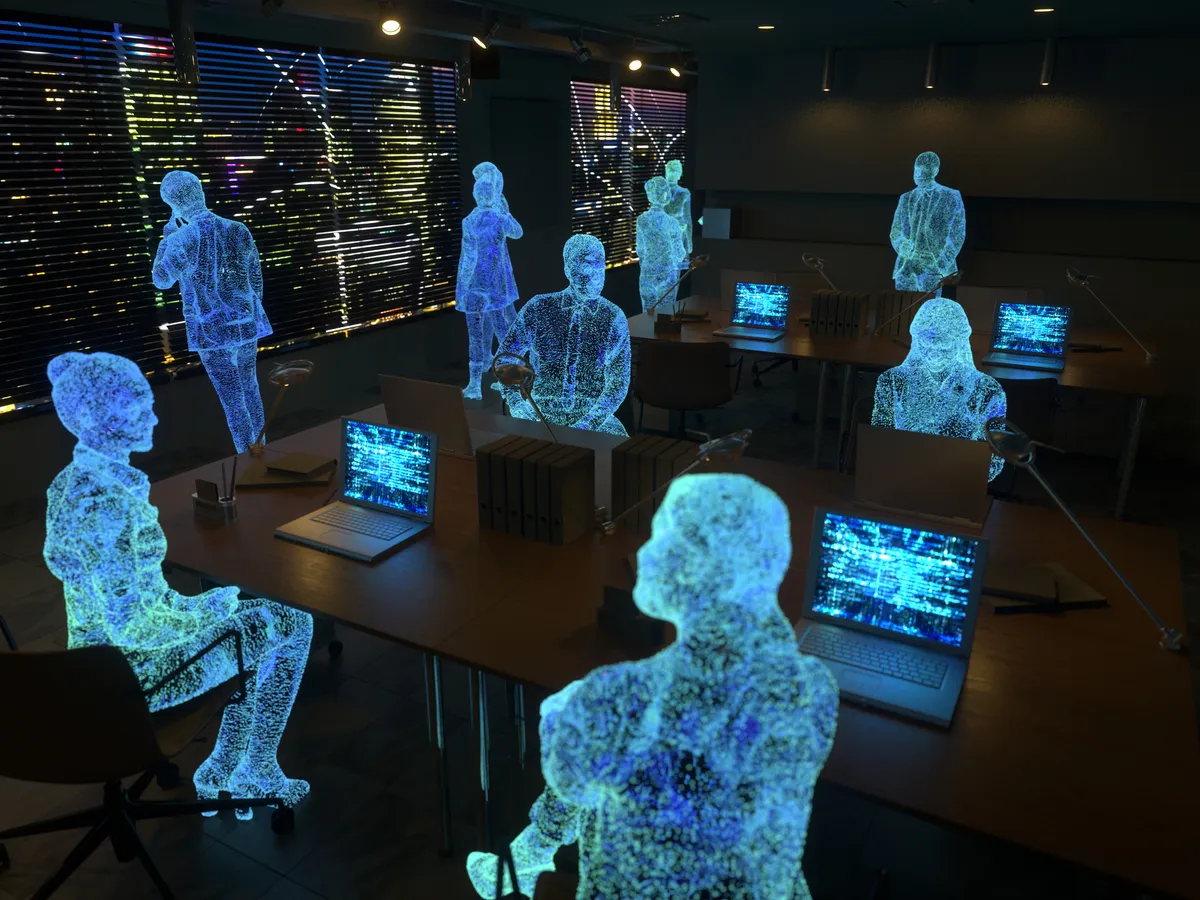The integration of Artificial Intelligence (AI) in collaborative software development is transforming the landscape, offering new possibilities for efficiency, innovation, and problem-solving. As we navigate through 2024, the role of AI in enhancing the collaborative efforts of software development teams has become more pronounced and multifaceted. This article explores the pivotal aspects of AI’s contribution to collaborative software development, underscoring its potential as a vital team player in this dynamic field.
Key Highlights:
- AI-driven code generators aid in drafting initial code snippets, speeding up development and reducing errors.
- Low-code and no-code platforms democratize software development, allowing non-technical users to contribute.
- Cybersecurity remains a critical priority, with AI enhancing threat detection and prevention.
- Edge computing and blockchain-based decentralized applications gain traction, reshaping software deployment.
- Extended Reality (XR) technologies offer new realms for immersive application experiences.
- The industry moves towards sustainable and green software development practices.
- Ethical AI and responsible development come to the forefront, addressing societal impacts.
- Enhanced collaboration tools and remote development practices continue to evolve.
- Cross-platform development becomes increasingly important for user accessibility.

Exploring AI’s Role in Software Development
In 2024, the reliance on AI-driven code generators like OpenAI for drafting initial code snippets based on high-level instructions has increased, significantly accelerating development processes. These AI platforms allow developers to write code faster and with fewer human errors, streamlining the software development lifecycle from conception to deployment.
The adoption of low-code and no-code platforms is democratizing software development, enabling users with limited or no technical background to build applications through graphical interfaces. This shift not only speeds up the creation of lightweight apps but also broadens the accessibility of software development to a wider audience.
Cybersecurity continues to be a fundamental concern, with AI-driven threat detection systems playing a crucial role in identifying and mitigating potential vulnerabilities in real-time. Such advancements are integral to safeguarding software against the increasing sophistication of cyber threats.
Emerging technologies like edge computing and blockchain are reshaping software development. Edge computing reduces latency by processing data closer to its source, while decentralized applications (DApps) on the blockchain offer enhanced security and transparency.
Extended Reality (XR) technologies are paving the way for new interactive experiences in software applications, spanning from education and healthcare to gaming and e-commerce. These immersive technologies are expected to see significant growth in the coming years.
Sustainable and green software development is gaining focus, with developers aiming to minimize the environmental impact of their work by optimizing code for energy efficiency and reducing computational demands.
The conversation around ethical AI and responsible development is intensifying, emphasizing the need to address issues of bias, data privacy, and the societal impacts of AI-based systems.
Remote work and global collaboration continue to shape the software development industry, with enhanced tools and practices facilitating efficient teamwork across distances. This global talent pool allows companies to tap into specialized skills from around the world.
Cross-platform development is becoming more critical as users engage with applications across multiple devices and platforms, necessitating seamless operation and accessibility.
Unique Opinionated Summary
AI’s integration into collaborative software development signifies a groundbreaking shift towards more efficient, inclusive, and innovative practices. As AI technologies evolve, they bring a wealth of opportunities to enhance the capabilities of development teams, enabling them to tackle complex projects with unprecedented speed and accuracy. The focus on cybersecurity, sustainability, and ethical development underscores a comprehensive approach to leveraging AI, ensuring that advancements in this field are balanced with considerations for safety, environmental impact, and social responsibility. As we look ahead, the collaboration between human developers and AI promises to unlock new horizons in software development, embodying a synergy that could redefine the very essence of creativity and problem-solving in the digital age.


















